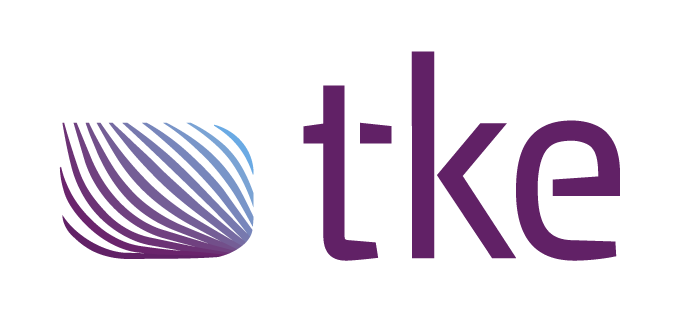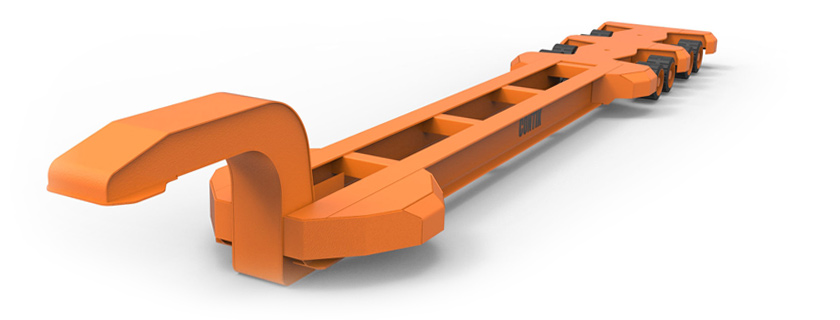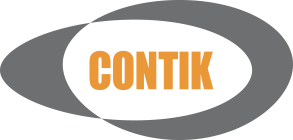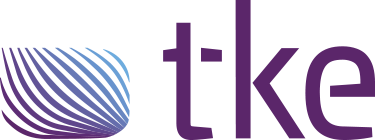Case study: Translifter Control System
TK Engineering, a specialist in distributed control systems, has developed a control system solution for a translifter implementation. Contik approached TKE to design and develop a control system solution for a prototype translifter project. The customer was in the process of developing a new line of translifters with better performance, cost effectiveness and reliability. Based on the requirements and functional specifications given by the Contik we designed, developed and commissioned a CANopen based control system for the translifters.
The project was divided to responsibility sectors between four major companies. TKE was in charge of system architecture design and control system development. We worked closely together with Contik and the other stakeholders to achieve the best outcome. As a result, the modular system design makes the designed system more future-proof, cost-effective, extendable and efficient. The larger upfront cost of a modular system is mitigated multiple times in running costs over the life-cycle of a product line.
“I would like to thank all the participants – our innovative personnel as well as the industry’s top partners who were involved in the successful project. Especially, TKE played a significant role in the development and implementation of the translifter control system. The next generation translifter enables great advantages in the form of the translifter reliability, usability and the durability of the undercarriage. These could easily be transformed into end-customers assets by enabling significantly lower maintenance costs as well as easy adaptation of control parameters. As a result, the modular structure of the translifter control system can be utilized throughout the entire system from the mechanical solutions to the higher level control system. The modular structure is easily scalable between our different translifter models from 40 to 120 tons”
Timo Jäppinen, CONTIK group Oy
The design and development process of translifter control system
TKE started the design and development process with analyzing the requirements and functional specifications given by the customer. The focus of the project was to create a distributed modular control system with future product line expansion capabilities. The modular structure of the control system allows the managed re-use of developed entities in future translifter versions.
With strong knowledge in mobile system design and CANopen the control system implementation was designed to be expandable and maintainable with minimal effort. Safety and performance requirements of the control system were efficiently fulfilled with use of CANopen system integration framework.
The main control unit of the system was implemented using a programmable logic controller (PLC). Development of the control software was done entirely by TKE following the IEC 61131-3 standard [1] languages to ensure cross-platform compatibility of the software. Codesys was used as the development environment for the control system implementation. The main controller application implementation takes care of top-level controls, NMT-master functionality and system status monitoring.
CiA-408 device profile compliant valve controller
As part of the ongoing project TKE developed a CiA-408 device profile [2] compliant universal valve controller. The universal valve controller was developed as a TKE product to be used in the control system implementation. Functionality of the valve controller is hid behind a standardized interface simplifying the control system structure and development process. The valve may be controlled by means of CiA-408 device profile specific flow and pressure set-points.
The valve controller implements a four edge controller for modern digital and proportional valves. Discrete input-output interface of the controller has been implemented according to DESINA standard [3] to ensure cross-platform compatibility and hardware independence. Using the CANopen Layer Setting Service (LSS) protocol and the Service data object (SDO) protocol the configurable parameters of valve controllers can be set efficiently. Outputs of the valve controller can be configured to any combination of the available outputs by setting the configurable parameters. Such arrangement results in increased flexibility and re-usability of the valve controller.
Utilization of CANopen system integration framework
Utilization of CANopen system integration framework enabled the use of off-the-self components for control system implementation. A CANopen compatible CiA-406 device profile [4] specific linear sensor was used for measuring the steering angle of the translifter bogie. This was done to reduce the control system development costs and to increase sensor replace-ability and flexibility.
TKE assisted the customer in the assembly process of the control system installation and with general knowledge of mobile system commissioning. As a result customer achieved a smooth and efficient assembly process.
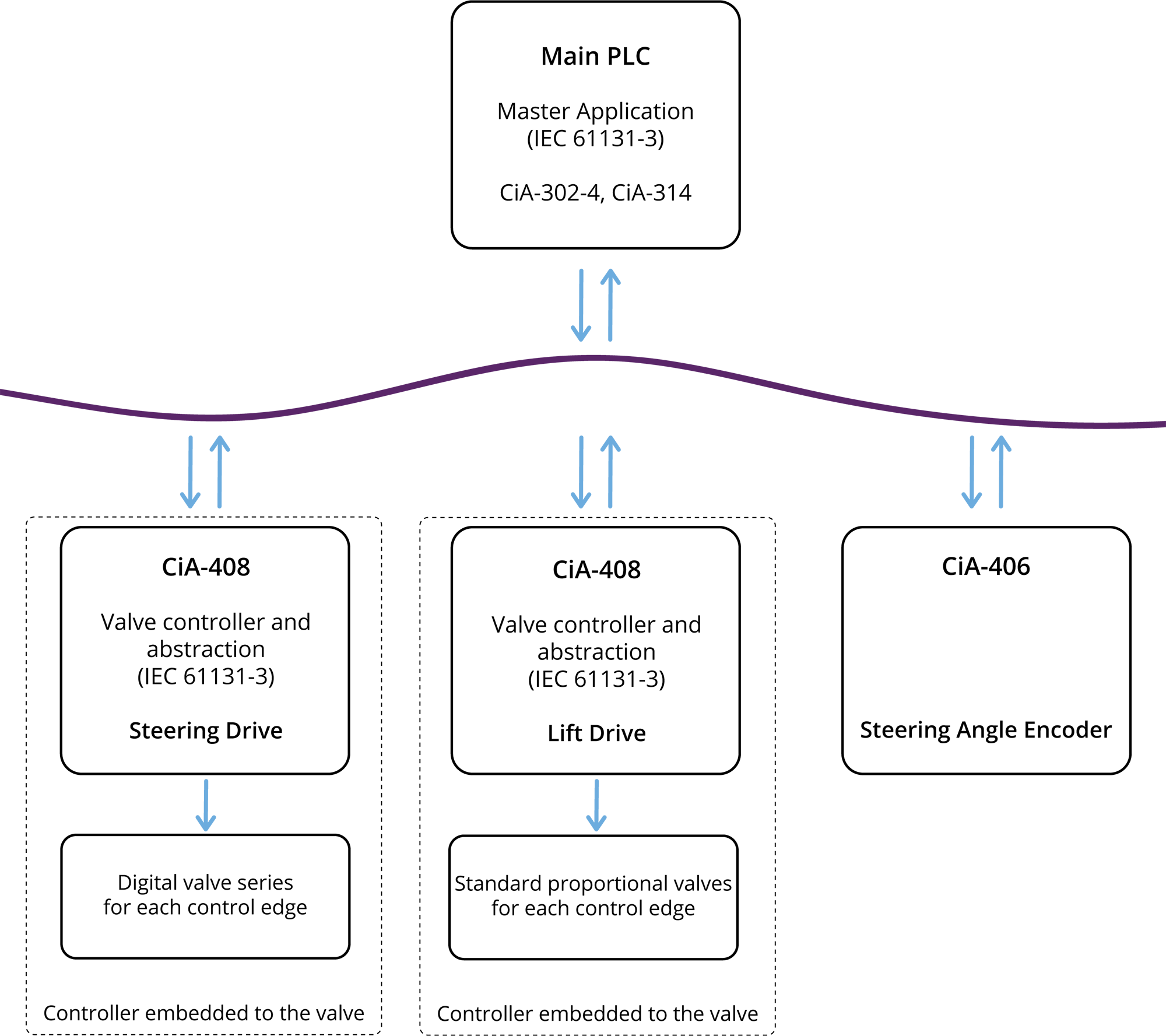
Conclusions of development process
Reasons to consider modular cross-platform compatible system design using CANopen integration framework for your next system:
- Modular system designs allows the product owner to efficiently expand a product towards a full product line. With reuse of configurable subsystems single system can easily be extended. As a good example of this is the TKE valve controller used in the control system. Depending on the translifter configuration from one to several bogies are used. Each bogie needing an own valve controller. With configurable and modular design number of valve controllers can be adjusted in the system depending on bogie count.
- Designing of modular, standardized, and cross-platform compatible systems allows the product owner to decide the life-time of a product. Hardware independence increases replace-ability and flexibility of the system components. This allows end-of-life components to be replaced without disturbing the functionality of the whole system
- Cross-platform compatible and modular systems can be adapted to use any available hardware and components found in the market. This increases assembly flexibility and minimizes production delays caused by supply chain shortages. During the ongoing pandemic many suppliers have faced supply shortages causing problems for system manufacturers. With smart design choices these problems can be avoided.
- The use of CANopen system integration framework for control system communication reduces the amount of required cabling for the system. Communication and power supply of system subsystems is based on a single CAN-bus reducing cabling costs.
- The use of digital communication over more traditional analog communication has been proved to have many benefits. Analog systems are more deceptive to errors caused by the environment and are not as reliable as their digital successors. [5] While the upfront cost of digital modules is higher than analog ones, digital implementations are cheaper to maintain.
“As a end note, compared to a traditional way of developing a product line using a distributed modular system designing approach has many benefits. Modular system design makes the designed system more future-proof, cost-effective, extendable and efficient. The larger upfront cost of a modular system is mitigated multiple times in running costs over the life-cycle of a product line.”
Joona Jokipii, TK Engineering Oy
[1] IEC 61131-3:2013. Programmable controllers – Part 3: Programming languages. IEC; 2013.
[2] CiA-408 Draft Specification Proposal Version 2.1.0. CANopen device profile for fluid power technology. CAN in Automation; 2021.
[3] M12 – Pin assignments for I/O boxes and sensors/valves. DESINA; 2003.
[4] CiA 406 Draft Specification Proposal Version 4.1.0. CANopen device profile for encoders. CAN in Automation; 2019.
[5] Maurice Bildstein, Stefan Heusel. Digital transmission in pressure sensors. 2015.
